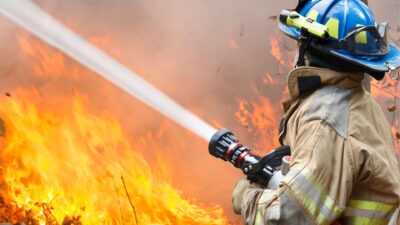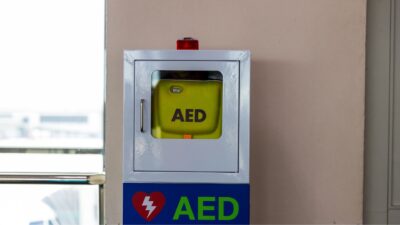
Why CPR Certification is a Must-Have for Physical Therapy Professionals
CPR certification is an absolute necessity for physical therapy professionals because it equips them with critical, life-saving skills needed during sudden cardiac or respiratory emergencies. Working in a field that blends movement, recovery, and patient vulnerability means you’re often the first responder in your setting. Having CPR certification can make all the difference between life…
Read More






